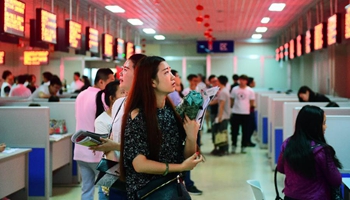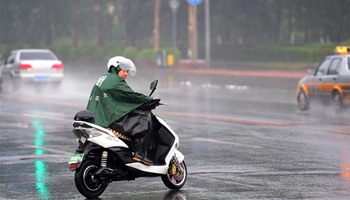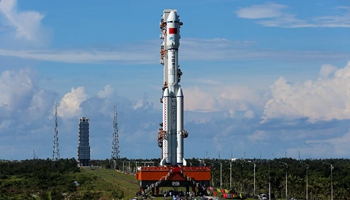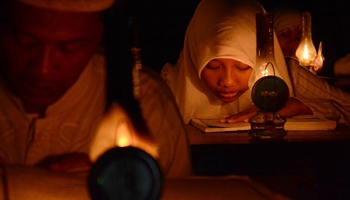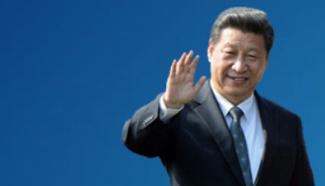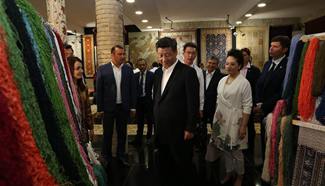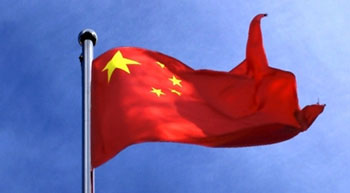WUHAN, June 22 (Xinhua) -- Rural migrant Wang Yu, who now works in Wuhan, capital of central China's Hubei Province, hopes he could enjoy the same medical reimbursement as his urban peers.
"In my hometown, I pay only a little over 100 yuan (15.20 U.S. dollars) a year under the new rural cooperative medical system and can get around half my medical expenses reimbursed," said Wang, a native of Xiantao in Hubei.
"But in Wuhan, many of the drugs prescribed by the doctors here are not on the reimbursement list for rural residents," he said.
Wang is just one of a large number of rural migrants who live in cities but are not entitled to the local medical insurance policy.
The good news for Wang, however, is that the authorities in Hubei this month promised to unify the basic rural and urban medical insurance systems from next year.
The authorities in the northern province of Hebei and Inner Mongolia Autonomous Region made similar pledges.
The State Council, earlier this year, urged all provincial-level regions to unify medical insurance starting 2017.
Ten provincial-level regions have already finished.
Under the new regime, rural citizens can enjoy higher government subsidies, more hospitals and a longer reimbursement drug list -- no matter where they are.
They can also choose higher government-subsidized medical insurance when they move to cities and not have to pay medical insurance again there, said Dai Wei, head of the medical insurance department under the Hubei Provincial Bureau of Human Resources and Social Security.
Basic rural and urban medical insurance, in most regions, are still managed by two different government departments, which is inefficient and costly.
Xiang Yunhua, a professor with Wuhan University, said with a longer reimbursement list, rural citizens will enjoy a fairer medical service.
In Inner Mongolia, rural residents will have 30 percent more drugs available for reimbursement.
In Hebei, rural citizens will enjoy nearly triple.
Chu Fuling, head of the China Social Security Research Center under the Central University of Finance and Economics, said authorities should continue to gradually bridge the gap between services for rural and urban residents.
The unified system also could help the allocation of the medical insurance budget, so regions could help each other should there be a shortfall of funding, said Xiang.
Many regions in China have reported increased medical expenses over the past few years.



